Aug . 21, 2025 18:40 Back to list
Durable Wooden Tricycle for Kids - Classic & Safe Ride
Exploring the Resurgence of Wooden Tricycles for Kids in the Modern Market
The global market for children's outdoor play equipment has seen significant evolution, with a growing emphasis on sustainability, safety, and developmental benefits. Among the array of options, the wooden tricycle for kids is experiencing a notable resurgence. This shift is driven by discerning parents and educational institutions seeking durable, eco-friendly, and ergonomically designed products that foster physical and cognitive development. Unlike their plastic counterparts, wooden tricycles offer a unique blend of timeless aesthetics, robust construction, and a lower environmental footprint, making them a premium choice for wholesale distributors, retailers, and childcare providers.
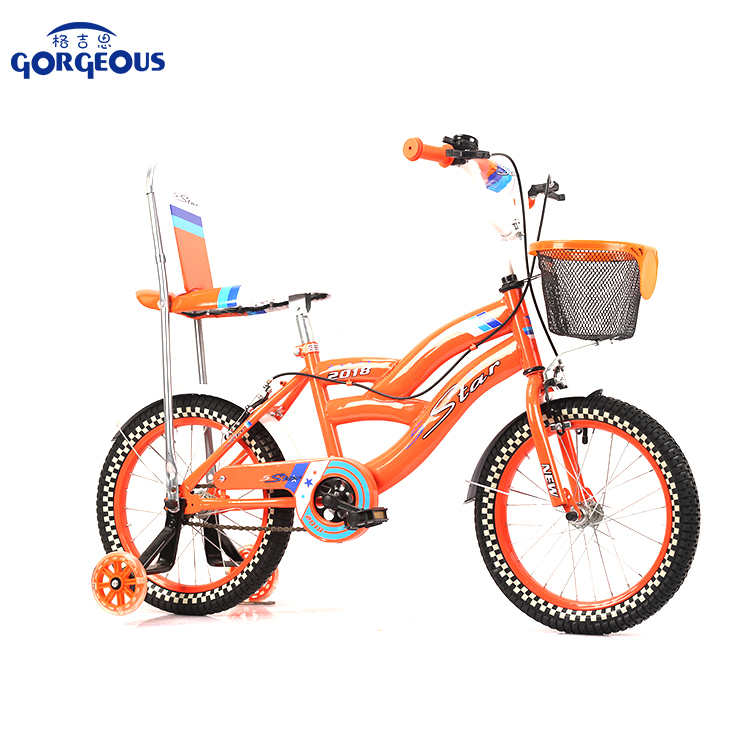
Market analysis indicates a steady growth in the demand for sustainable children's products. According to recent reports, the global wooden toy market is projected to reach approximately USD 35 billion by 2027, growing at a CAGR of 6.5% from 2020. This growth is largely attributable to increased consumer awareness regarding environmental impact and the desire for non-toxic, safe play alternatives. Wooden tricycles, embodying these attributes, are positioned as a key growth segment within this broader market. They are not merely toys but developmental tools, enhancing balance, coordination, and spatial awareness in young children. The market for a wholesale kids tricycle is particularly buoyant, with bulk procurement becoming common among educational supply chains and large retail groups looking to capitalize on this eco-conscious trend.
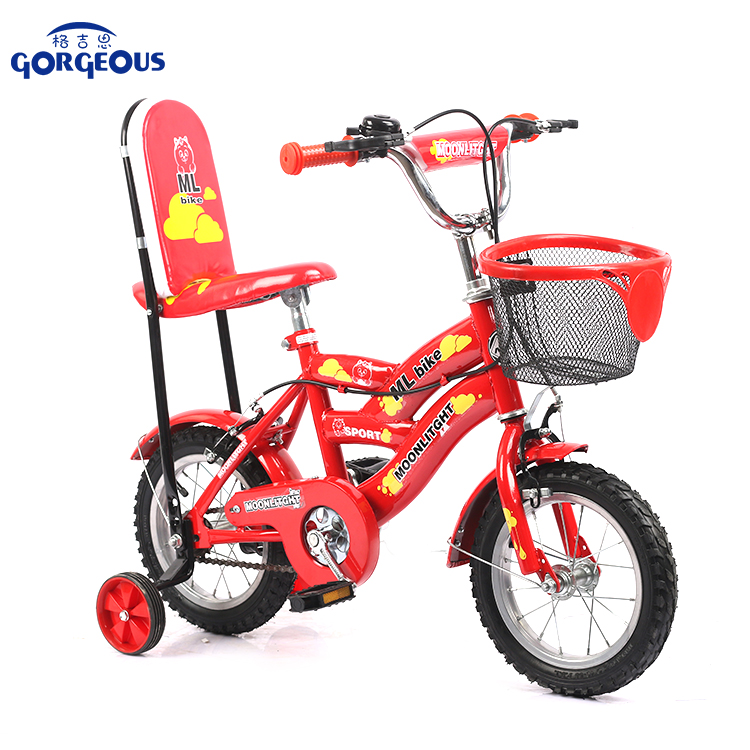
The appeal of wooden tricycle for kids also extends to their aesthetic versatility. Designs range from classic, minimalist forms reminiscent of a vintage kids tricycle to more modern, ergonomically contoured models. This broad appeal allows manufacturers to cater to diverse market segments, from high-end boutique stores seeking a vintage gold kids tricycle to mass-market retailers requiring robust, competitively priced options. Furthermore, the burgeoning demand for innovative designs, such as a two seats kids tricycle or a two seater tricycle for kids, highlights a growing preference for products that promote social interaction and shared play experiences, indicating a mature and evolving market dynamic.
Technical Specifications and Parameters of Premium Wooden Tricycles
Understanding the technical parameters of a wooden tricycle for kids is crucial for B2B buyers evaluating product quality, safety, and long-term value. These parameters encompass materials, dimensions, weight capacity, and critical safety certifications. High-quality wooden tricycles are typically constructed from sustainably sourced hardwoods like birch plywood, beechwood, or rubberwood, known for their strength, durability, and fine grain, which contributes to a superior finish. The use of FSC (Forest Stewardship Council) certified wood ensures responsible forest management, a key selling point for eco-conscious consumers.
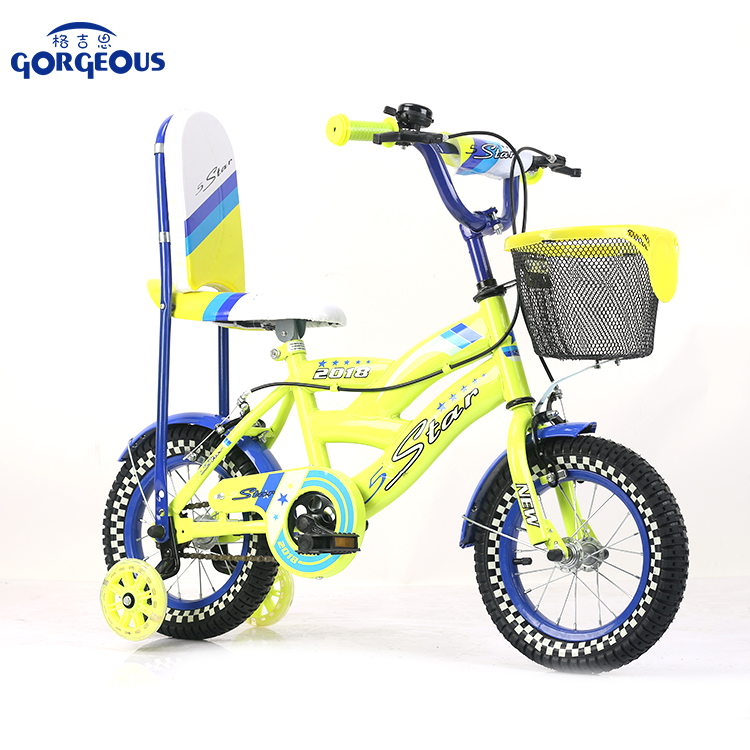
Beyond the primary material, components such as wheels, axles, and finishes are critical. Wheels are often made from solid rubber or EVA foam, providing a quiet, non-marking ride suitable for indoor and outdoor use. Ball bearings or high-quality bushings are integrated into the wheel hubs to ensure smooth operation and longevity, reducing friction and wear. Non-toxic, child-safe paints and lacquers, often water-based and low-VOC (Volatile Organic Compounds), are standard, ensuring compliance with stringent international safety regulations such as EN 71 (European Toy Safety Standards) and ASTM F963 (American Standard for Toy Safety).
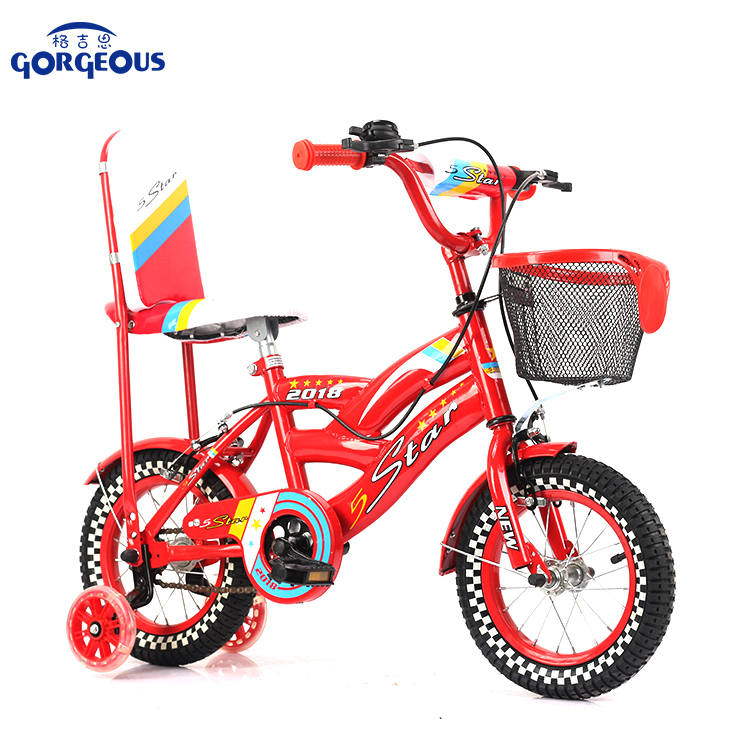
Key Technical Parameters for Wooden Tricycles
| Parameter | Typical Range/Specification | Significance for B2B Buyers |
|---|---|---|
| Recommended Age Range | 1-3 years (standard), 2-5 years (adjustable/larger models) | Defines target market segment; critical for safety compliance and developmental appropriateness. |
| Dimensions (L x W x H) | Approx. 60-75cm x 35-45cm x 45-55cm | Influences storage, shipping costs, and usability in confined spaces (e.g., daycare rooms). |
| Weight Capacity | Typically 20-30 kg (44-66 lbs) | Ensures durability and safety for various child weights; critical for product longevity in high-use environments. |
| Product Net Weight | 3-5 kg (6.6-11 lbs) | Impacts ease of handling by children and caregivers; influences shipping weight and costs. |
| Wheel Material | Solid Rubber, EVA Foam, or Pneumatic Rubber | Determines ride comfort, grip, noise level, and suitability for different surfaces (indoor/outdoor). |
| Bearing Type | Sealed Ball Bearings or High-Quality Bushings | Crucial for smooth wheel rotation, reduced maintenance, and extended product lifespan. |
| Surface Finish | Non-toxic, Water-based Paint/Lacquer, Beeswax Finish | Ensures child safety from harmful chemicals and provides protection against moisture and wear. |
| Safety Certifications | EN 71 (Europe), ASTM F963 (USA), ISO 9001 (Quality Management) | Mandatory for market entry; indicates adherence to rigorous safety and quality standards, building trust. |

The combination of these technical specifications ensures that a wooden tricycle for kids is not only safe and durable but also offers an optimal riding experience for children, fostering their early motor skill development. For buyers considering a two seater kids tricycle, additional considerations like reinforced frames, increased wheel stability, and higher weight capacities become paramount to ensure the safe accommodation of two riders.
The Craftsmanship: Manufacturing Process of a Wooden Tricycle
The production of a high-quality wooden tricycle for kids is a meticulous process that blends traditional woodworking techniques with modern precision manufacturing. This craftsmanship ensures both the structural integrity and aesthetic appeal of the final product. The journey begins with the careful selection of raw materials, primarily sustainably harvested timber. Manufacturers prioritize species like birch, beech, or rubberwood, chosen for their density, durability, and fine grain, which are crucial for achieving smooth finishes and stable constructions. Each timber batch undergoes rigorous quality checks for moisture content, knot defects, and grain consistency to prevent warping or structural weaknesses later in the process.
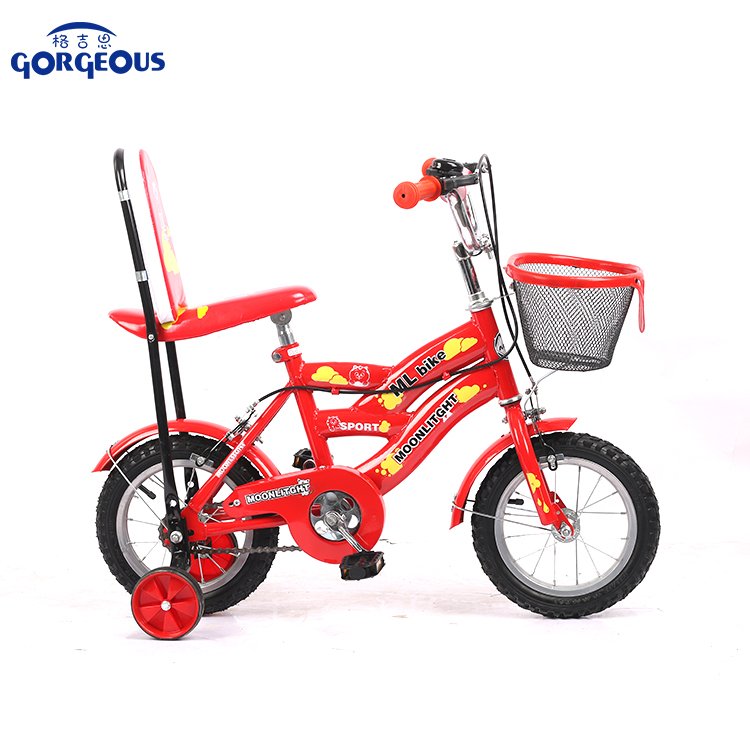
Detailed Manufacturing Process:
-
Timber Selection & Preparation: Logs or large planks are inspected and then cut into smaller, manageable sections. These are often kiln-dried to achieve an optimal moisture content (typically 8-12%) for stability, preventing shrinkage or expansion after manufacturing.
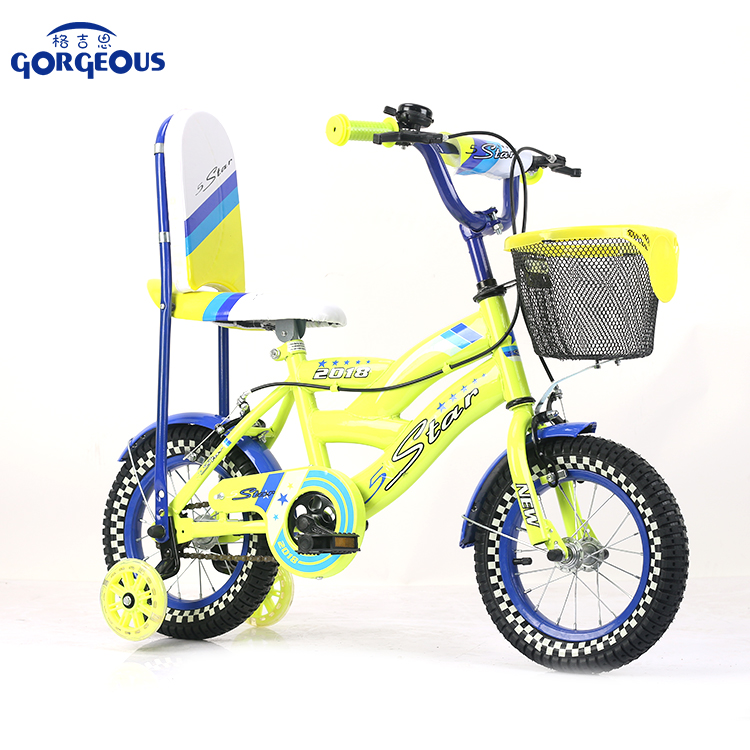
-
Precision Cutting & Shaping (CNC Machining): Modern manufacturing extensively utilizes CNC (Computer Numerical Control) routing and laser cutting. This technology allows for extreme precision in cutting intricate shapes for the frame, seat, and handlebars, ensuring perfect alignment and tight tolerances. CNC machining minimizes material waste and guarantees consistency across large production batches, crucial for a wholesale kids tricycle operation.
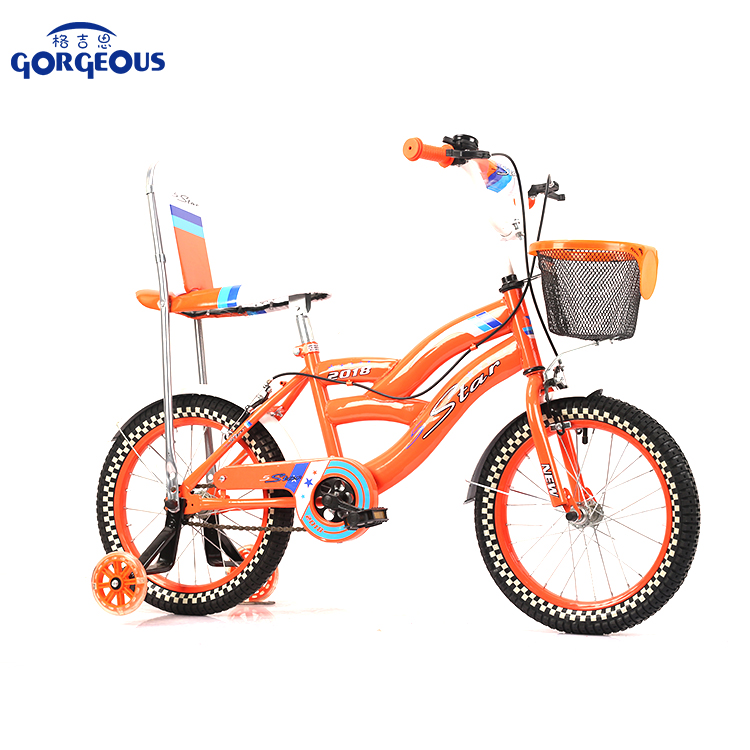
-
Wood Bending (if applicable): For designs requiring curved components, such as a smoothly arched frame or handlebars, steam bending or laminating thin wood layers with specialized adhesives is employed. This process requires expert craftsmanship to achieve the desired curvature without compromising wood integrity.

-
Sanding & Finishing Preparation: Each wooden component undergoes multiple stages of sanding, progressing from coarser grits to fine-grain finishes. This ensures a splinter-free surface and optimal adhesion for subsequent coatings. This step is critical for both safety and the final aesthetic of a premium wooden tricycle for kids.

-
Coating Application: Non-toxic, water-based paints, lacquers, or natural oils/waxes are applied in multiple coats. Each coat is typically dried and lightly sanded to achieve a durable, chip-resistant, and child-safe finish. VOC emissions are strictly controlled to ensure compliance with indoor air quality standards.

-
Assembly: Components are assembled using robust, child-safe fasteners. Joint integrity is paramount, often utilizing traditional woodworking joinery (e.g., mortise and tenon, dowel joints) reinforced with non-toxic, high-strength glues. Wheels, handlebars, and seats are securely attached, ensuring all moving parts operate smoothly and safely. For a two seater kids tricycle, additional structural reinforcement is often implemented during assembly to manage increased load.
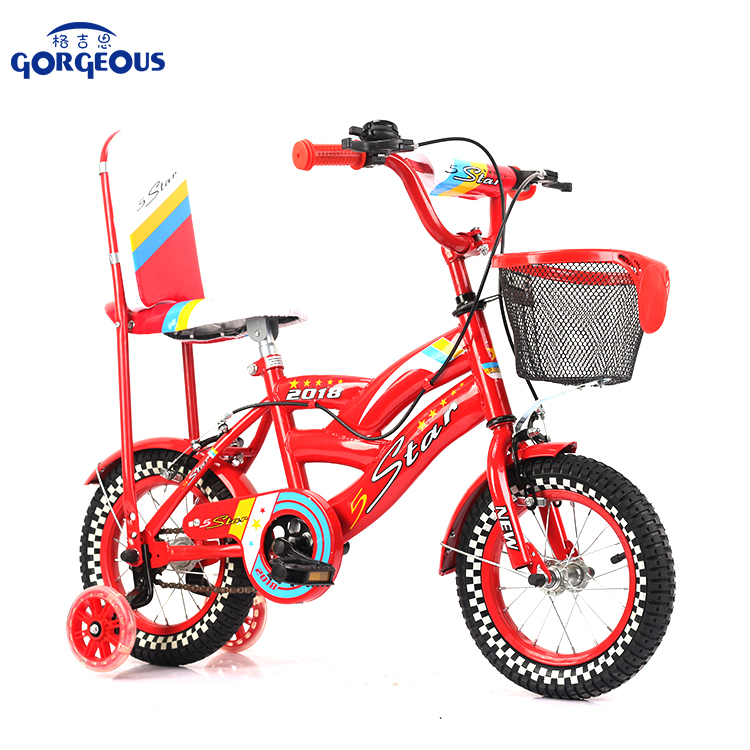
-
Quality Control & Testing: Each finished tricycle undergoes a series of stringent quality control checks. This includes visual inspection for cosmetic flaws, tactile checks for splinter-free surfaces, and functional tests for steering, wheel rotation, and structural stability. Crucially, products are tested against international safety standards like EN 71, ASTM F963, and CPSIA (Consumer Product Safety Improvement Act) for mechanical hazards, chemical content (e.g., phthalates, heavy metals), and flammability. This ensures every wooden tricycle for kids leaving the factory is safe and reliable.

-
Packaging: Products are carefully packaged to prevent damage during transit. Eco-friendly packaging materials are often preferred, aligning with the sustainable ethos of wooden toys.

This comprehensive manufacturing process, from raw material to final packaging, underscores the commitment to producing a superior wooden tricycle for kids that excels in safety, durability, and environmental responsibility. Manufacturers adhering to ISO 9001 quality management systems demonstrate a systematic approach to consistent quality output.
Application Scenarios and Technical Advantages
The inherent versatility and robust construction of a wooden tricycle for kids make it suitable for a diverse range of application scenarios, extending beyond typical household use. These products are increasingly sought after by commercial entities and educational institutions due to their specific technical advantages, especially when considering durability, safety, and developmental impact. The lifespan of a well-maintained wooden tricycle can easily exceed that of plastic alternatives, often lasting for decades, making them a sustainable investment for facilities with high usage rates.
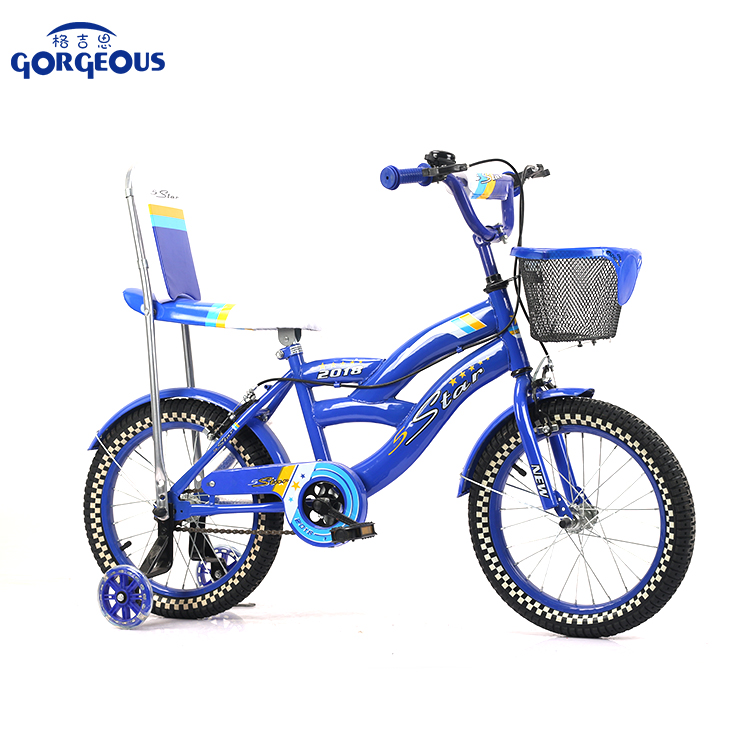
Typical Application Scenarios:
- Early Childhood Education Centers (Preschools & Daycares): Wooden tricycles are a staple in Montessori schools and Waldorf-inspired educational settings. Their natural materials align with pedagogical philosophies promoting sensory experience and connection to nature. Durability and ease of maintenance are critical for handling frequent use by multiple children.

- Specialty Toy Retailers: High-end toy stores and eco-friendly boutiques stock wooden tricycle for kids as premium products, appealing to parents seeking safe, durable, and aesthetically pleasing options. Models such as a vintage zenith kids tricycle or a vintage gold kids tricycle often serve as flagship items due to their unique appeal.
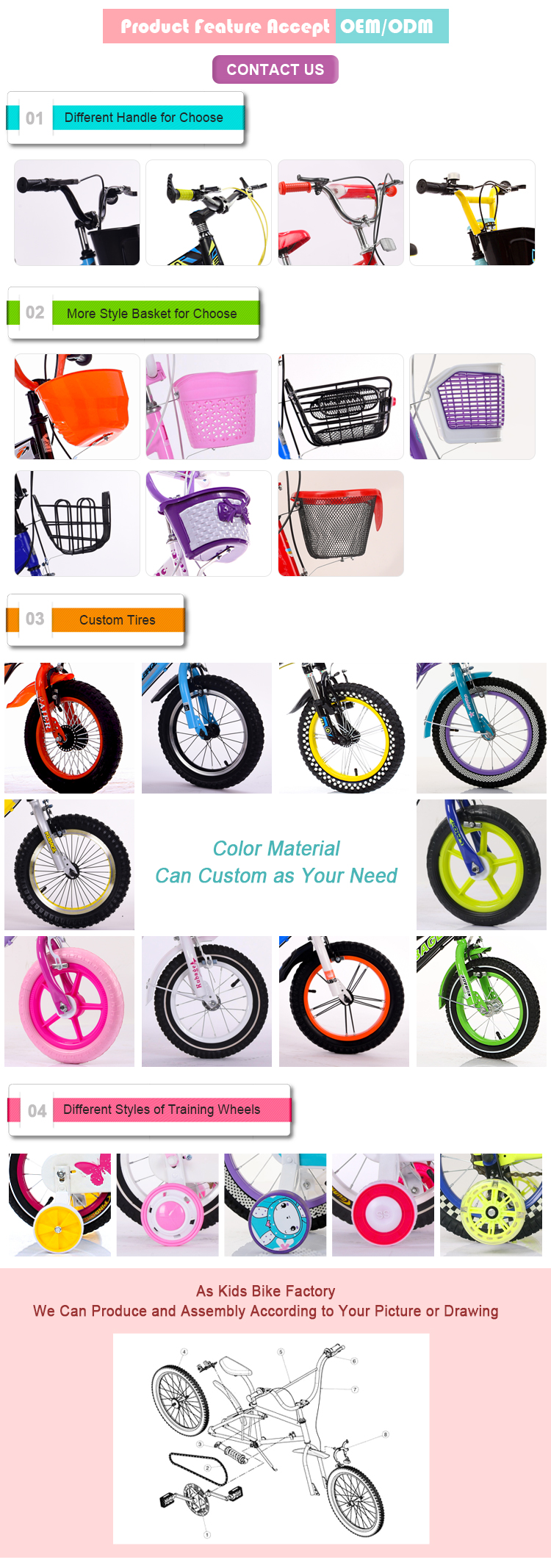
- Physical Therapy & Developmental Aid Centers: The stable design and ergonomic features of wooden tricycles make them valuable tools for children developing gross motor skills, balance, and coordination. Adjustable seat heights and robust construction support therapeutic exercises.

- Hotels & Resorts (Kids' Clubs): Upscale hospitality venues often incorporate premium wooden play equipment, including tricycles, into their kids' club facilities to offer a high-quality, safe, and engaging experience for younger guests.
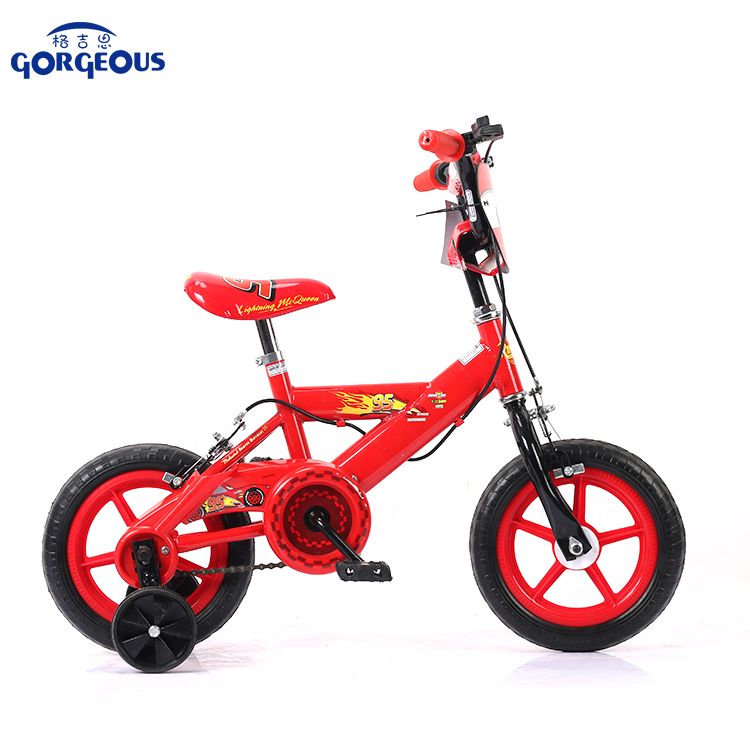
- Residential & Family Use (Direct-to-Consumer): While B2B focused, the ultimate end-user is often a family. High-quality wooden tricycles are often purchased directly by consumers seeking a durable, multi-generational toy, impacting retail stock decisions.

Technical Advantages in Application:
-
Superior Durability & Longevity: Unlike plastic which can become brittle or crack with UV exposure and temperature fluctuations, engineered wooden components, especially high-grade birch plywood, offer exceptional resilience. Glued and doweled joints, combined with robust frame designs, ensure these tricycles can withstand the rigors of commercial use, leading to a lower total cost of ownership over time. Average lifespan can be 5-10 years even in commercial settings, significantly outperforming many plastic alternatives.
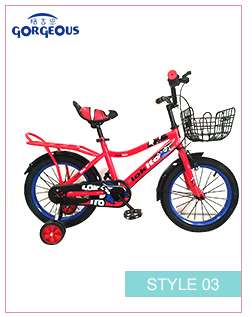
-
Enhanced Safety Profile: The solid construction minimizes the risk of tip-overs due to a lower center of gravity and wider wheelbase in many designs. Non-toxic finishes prevent exposure to harmful chemicals (e.g., BPA, phthalates). The absence of sharp edges, achieved through extensive sanding and ergonomic design, further mitigates injury risks. Compliance with EN 71, ASTM F963, and CPSIA signifies adherence to strict safety protocols, which is a major advantage for institutional buyers.

-
Environmental Sustainability: Sourced from renewable forests, wooden tricycles offer a significantly lower carbon footprint compared to plastic manufacturing. Their biodegradability at end-of-life and the use of non-toxic, sustainable finishes resonate with the growing corporate social responsibility (CSR) initiatives of many businesses. This eco-advantage is increasingly vital for public tenders and conscious consumer bases.
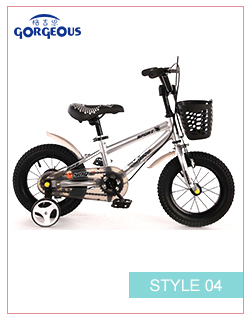
-
Aesthetic Appeal & Sensory Engagement: The natural look and feel of wood offer a timeless aesthetic that seamlessly integrates into various environments, from modern minimalist to traditional settings. The tactile experience of wood provides rich sensory input, promoting natural exploration and a connection to materials, a key benefit in educational contexts. A vintage kids tricycle made of wood can even serve as a decorative piece.

-
Developmental Benefits: Ergonomically designed wooden tricycles support healthy posture and natural movement patterns. They encourage gross motor skill development, balance, coordination, and spatial awareness, crucial aspects of early childhood development that align with the goals of educational and therapeutic settings.
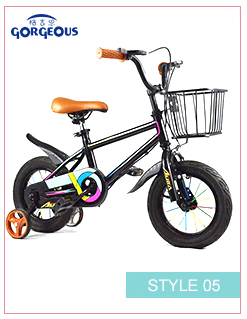
These advantages collectively position the wooden tricycle for kids as a technically superior and strategically sound investment for businesses and institutions focused on children's well-being and sustainable practices.
Manufacturer Comparison and Customization Solutions
Choosing the right manufacturing partner for a wooden tricycle for kids requires a thorough evaluation of their capabilities, adherence to standards, and flexibility in customization. While many manufacturers offer wooden tricycles, their approach to quality, design, and customer service can vary significantly. Key factors for comparison include their manufacturing certifications (e.g., ISO 9001 for quality management, ISO 14001 for environmental management), material sourcing policies (FSC certification), and a track record of meeting international toy safety standards (EN 71, ASTM F963, CPSIA).

Key Differentiators Among Manufacturers:
- Material Purity and Sourcing: Leading manufacturers prioritize non-toxic finishes and glues, and traceable, sustainably harvested wood. Some might specialize in specific wood types, like robust birch plywood for heavy-duty commercial use or solid beech for a premium feel, important for a vintage kids tricycle line.
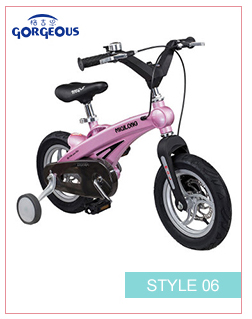
- Design and Engineering Expertise: Manufacturers with in-house design and engineering teams can offer superior ergonomic designs, better weight distribution, and innovative features (e.g., adjustable seats, silent wheels, integrated storage). This is particularly relevant for specialized models like a two seater kids tricycle, which requires precise engineering for safety and stability.

- Production Capacity and Lead Times: For wholesale buyers, a manufacturer's ability to scale production to meet large orders and adhere to delivery schedules is paramount. A wholesale kids tricycle supplier needs robust logistics and production planning.

- Post-Sale Support and Warranty: Comprehensive warranty policies (e.g., 2-5 years on structural integrity) and accessible customer support for spare parts or assembly queries are indicators of a reliable partner.

Customization Solutions:
Leading manufacturers offer extensive customization options, enabling businesses to differentiate their product lines or meet specific institutional requirements. This flexibility is a significant advantage for B2B partners seeking unique market positioning.
- Branding and Logo Integration: Private labeling, engraved logos, or custom decals are common for retailers wishing to establish their brand identity on a wooden tricycle for kids.
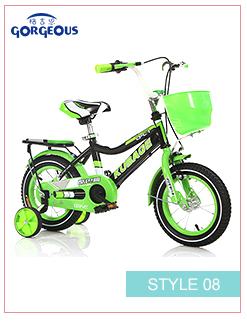
- Color and Finish Options: Beyond natural wood, custom paint colors (using certified non-toxic paints) and various finishes (matte, glossy, oil-rubbed) can align with brand aesthetics or school color schemes. For a vintage gold kids tricycle, specific metallic non-toxic finishes might be applied.

- Component Customization: Options for wheel materials (e.g., super silent rubber for indoor use, durable pneumatic tires for outdoor rough terrain), seat padding materials, or handlebar grips can be tailored to specific performance or comfort needs.
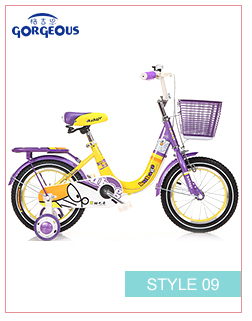
- Design Modifications & ODM/OEM: For larger orders, manufacturers can offer ODM (Original Design Manufacturing) or OEM (Original Equipment Manufacturing) services, allowing for bespoke designs, unique frame geometries (e.g., specialized two seats kids tricycle), or integration of specific features to meet unique market demands. This involves close collaboration from concept to production.

- Packaging Solutions: Custom packaging, including gift-ready boxes, bulk shipping crates, or assembly-required flat-packs, can be arranged to optimize logistics and presentation.
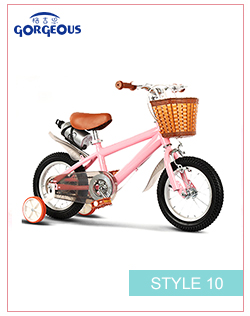
Partnering with a manufacturer that provides comprehensive customization options and demonstrates consistent quality assurance is key to a successful venture in the wooden tricycle market.
Case Studies and Real-World Applications
The practical deployment of the wooden tricycle for kids across various commercial and institutional settings underscores its value proposition, particularly concerning durability, safety, and alignment with modern educational and consumer trends. These case studies highlight how businesses leverage the unique attributes of wooden tricycles to meet specific market demands and achieve operational efficiencies.

Case Study 1: Montessori School Network Expansion
A rapidly expanding network of Montessori schools across North America faced the challenge of sourcing durable, pedagogically aligned, and safe play equipment for their outdoor and indoor learning environments. Traditional plastic tricycles frequently broke down, required constant replacement, and did not align with their natural learning philosophy. Upon transitioning to a bulk purchase of wooden tricycle for kids from a certified manufacturer, they observed a significant reduction in replacement costs, with product longevity extending beyond five years in high-use settings. The natural wood aesthetic and child-safe finishes also enhanced the learning environment, receiving positive feedback from parents who appreciated the school's commitment to sustainable and safe play. The investment, while initially higher per unit, yielded substantial long-term savings due to reduced maintenance and replacement cycles, demonstrating a compelling ROI for a wholesale kids tricycle investment.
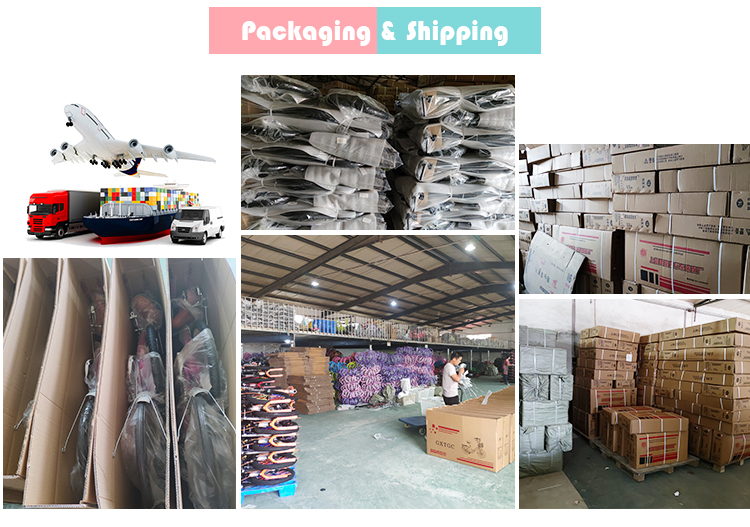
Case Study 2: Boutique Retailer's "Vintage & Sustainable" Collection
A boutique children's toy retailer specializing in eco-friendly and unique products aimed to curate a "Vintage & Sustainable" collection. They sought suppliers capable of producing a vintage zenith kids tricycle and a vintage gold kids tricycle that met both aesthetic and ethical criteria. Partnering with a manufacturer offering ODM capabilities and non-toxic, metallic paint finishes, they successfully launched a line of bespoke wooden tricycles. This collection became a bestseller, attracting affluent consumers willing to invest in heirloom-quality toys. The manufacturer's strict adherence to EN 71 safety standards and use of FSC-certified wood reinforced the retailer's brand image as a provider of premium, trustworthy products. The niche appeal and high perceived value of these custom-designed tricycles allowed for premium pricing, yielding high-profit margins for the retailer.

Case Study 3: Inclusive Play Initiative for Children with Special Needs
A non-profit organization focused on providing inclusive play opportunities for children with special needs required a fleet of stable, supportive tricycles. Standard tricycles often lacked the stability or adjustable features necessary for children with varying motor skill challenges. They commissioned a manufacturer to produce a customized two seat tricycle for kids and single-rider models with enhanced stability (wider wheelbase, lower center of gravity), adjustable seat heights, and specialized ergonomic handlebars. The wooden construction provided the necessary robustness and a comforting tactile experience. The success of this initiative was evident in improved engagement and motor skill development among participating children, showcasing the technical adaptability of the wooden tricycle for kids to serve specialized therapeutic and developmental purposes. The manufacturer's ability to implement these design modifications, backed by structural integrity testing, was paramount to the project's success.
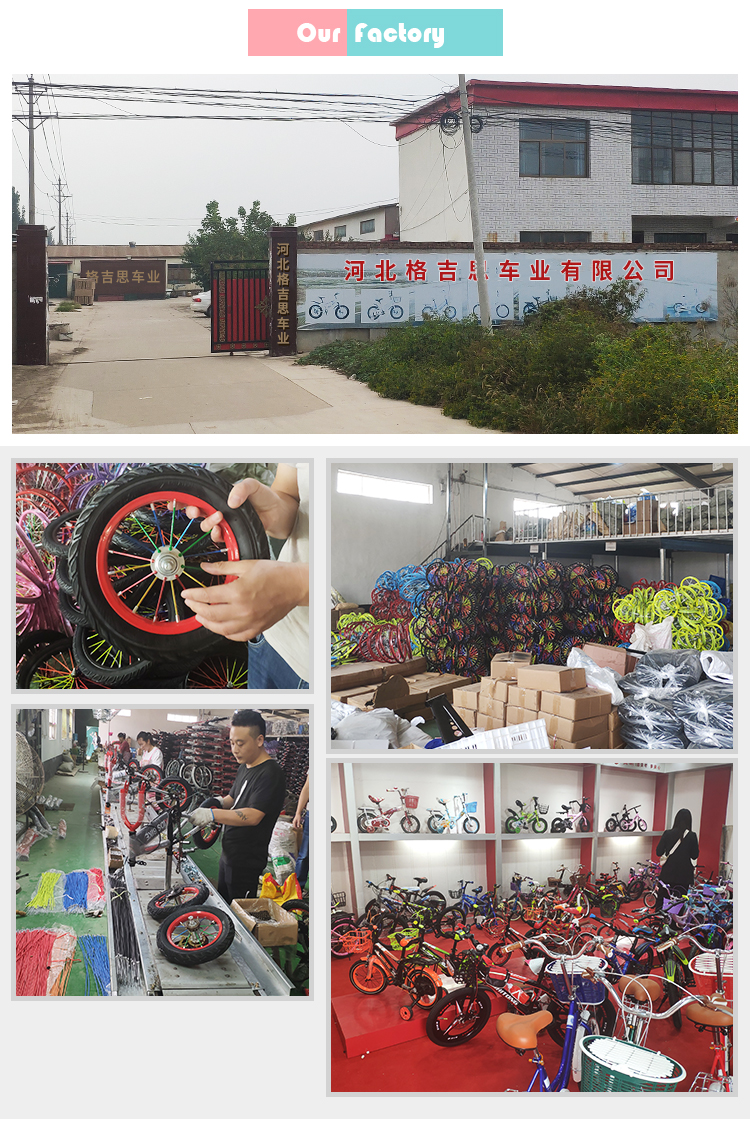
These case studies collectively demonstrate the multifaceted value of wooden tricycles in diverse professional settings, underscoring their robust technical specifications, design flexibility, and alignment with safety and sustainability mandates. The decision to invest in high-quality wooden tricycle for kids is often driven by a strategic imperative to offer superior, long-lasting, and responsible products.

Trustworthiness: FAQ, Delivery, and Warranty
Building trust with B2B partners is paramount in the wooden tricycle industry, particularly given the focus on child safety and product longevity. Transparency regarding product information, delivery logistics, and after-sales support significantly enhances a manufacturer's credibility and strengthens long-term business relationships.
Frequently Asked Questions (FAQ) for Wooden Tricycles
Q1: What types of wood are typically used, and are they sustainably sourced?
A1: Premium wooden tricycle for kids are commonly crafted from high-quality birch plywood, beechwood, or rubberwood. Reputable manufacturers ensure these materials are sourced from sustainably managed forests, often certified by organizations like the Forest Stewardship Council (FSC), ensuring environmental responsibility.
Q2: What safety certifications do your wooden tricycles hold?
A2: Our products strictly adhere to international toy safety standards. This includes, but is not limited to, EN 71 (European Toy Safety Standards), ASTM F963 (American Standard for Toy Safety), and CPSIA (Consumer Product Safety Improvement Act). We also hold ISO 9001 certification for our quality management systems.
Q3: Are the finishes and glues used on the tricycles child-safe and non-toxic?
A3: Absolutely. All paints, lacquers, and glues utilized in our wooden tricycle for kids production are water-based, non-toxic, and low-VOC (Volatile Organic Compounds), specifically formulated for children's products to ensure they are free from harmful chemicals like phthalates, lead, and formaldehyde. Compliance certificates are available upon request.
Q4: What is the estimated lifespan of a wooden tricycle in a commercial setting (e.g., daycare)?
A4: With proper care and maintenance, a high-quality wooden tricycle for kids can last significantly longer than plastic alternatives. In commercial settings, our tricycles typically maintain structural integrity and functionality for 5-10 years, offering excellent long-term value and reducing the need for frequent replacements, particularly for a wholesale kids tricycle purchase.
Q5: Can you accommodate custom designs or branding for large orders?
A5: Yes, we offer extensive customization services for B2B partners, including private labeling, custom color schemes, specific component modifications, and full ODM/OEM services for unique designs like a specialized two seats kids tricycle. Our design and engineering teams work closely with clients to bring their vision to fruition while adhering to all safety standards.
Delivery Cycle and Logistics
Our standard production lead time for a wooden tricycle for kids is typically 30-45 days from order confirmation, depending on order volume and customization requirements. For rush orders or specific project deadlines, expedited production options may be available upon discussion. We partner with reliable international freight forwarders to ensure efficient and secure global delivery. Shipping terms are typically FOB (Free On Board) or CIF (Cost, Insurance, and Freight), and our logistics team provides comprehensive support including documentation, customs clearance assistance, and real-time tracking updates from factory to destination port. We have extensive experience in handling large-volume shipments for wholesale kids tricycle orders to various international markets, ensuring timely and undamaged arrival.
Quality Assurance and Warranty Commitment
We stand behind the quality and craftsmanship of every wooden tricycle for kids we produce. Each product undergoes rigorous multi-stage quality control, from raw material inspection to final assembly and packaging, ensuring adherence to the highest industry standards. We offer a comprehensive 2-year limited warranty on all structural components and manufacturing defects from the date of purchase. This warranty covers material and workmanship flaws under normal use conditions. Our commitment extends to providing readily available spare parts and dedicated customer support to address any post-purchase inquiries or issues promptly. This robust quality assurance and warranty program provide B2B buyers with peace of mind and confidence in their investment, reflecting our dedication to product excellence and client satisfaction.
References
- Grand View Research. (2020). Wooden Toys Market Size, Share & Trends Analysis Report, By Product (Building & Construction, Activity, Games & Puzzles), By Distribution Channel (Offline, Online), By Region, And Segment Forecasts, 2020 - 2027.
- European Committee for Standardization. (2019). EN 71-1: Safety of toys - Part 1: Mechanical and physical properties.
- ASTM International. (2021). ASTM F963-17: Standard Consumer Safety Specification for Toy Safety.
- U.S. Consumer Product Safety Commission. (2008). Consumer Product Safety Improvement Act (CPSIA).
- International Organization for Standardization. (2015). ISO 9001: Quality management systems – Requirements.
- Forest Stewardship Council. (2023). FSC Principles and Criteria.
- Environmental Protection Agency. (2022). Indoor Air Quality (IAQ) and Volatile Organic Compounds (VOCs).
-
The Essential Guide to 16 Inch Child's Bikes – Safety, Specs & Trends
NewsNov.24,2025
-
Kids Road Bike 24 – Lightweight, Safe, and Perfect for Young Cyclists
NewsNov.23,2025
-
Discover Safe and Fun Children's Bikes 14 Inch | Durable Kids' Bikes Reviewed
NewsNov.22,2025
-
Discover the Perfect Little Girl 16 Inch Bike – Safety, Style & Performance
NewsNov.22,2025
-
The Ultimate Guide to 12 Kids Bicycles – Safety, Trends & Top Picks
NewsNov.21,2025
-
14 Inch Children’s Bikes: A Guide to Safety, Durability & Global Impact
NewsNov.20,2025
